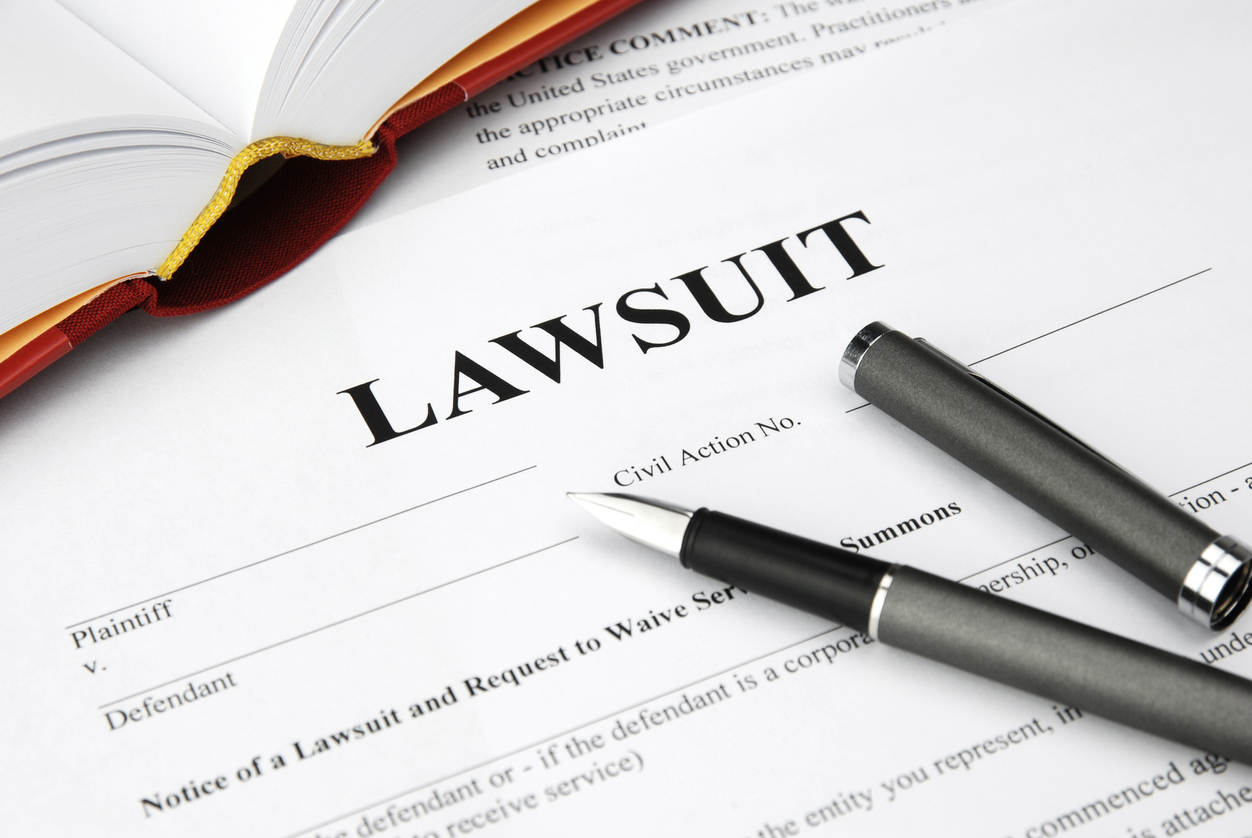Riddle & Riddle Injury Lawyers | July 23, 2025 | Mass Torts

If you were harmed by a defective product, false advertising, or a company’s illegal conduct, there’s a chance you’re not the only one. When many people are affected in the same way, those claims may be handled through a class action lawsuit.
Class actions offer an efficient way to hold large companies accountable in many circumstances, such as when the harm to each person might not be enough to justify a lawsuit on its own. These cases can involve unsafe drugs, illegal fees, environmental contamination, and more.
If you’ve suffered financial loss or injury along with others, here’s what you should know about your legal rights and options.
What Is a Class Action?
A class action is a civil lawsuit where one or more people file a case on behalf of a larger group with similar claims. These representatives (called “lead plaintiffs”) must show that they share common legal and factual issues with the rest of the class.
Rather than having hundreds or thousands of individuals file separate lawsuits, a class action combines those claims into one case. That makes the legal process more efficient and helps reduce the burden on the courts. If the case succeeds, any judgment or settlement is divided among class members, with court approval.
North Carolina’s Class Action Rules
Rule 23 of the North Carolina Rules of Civil Procedure lays out the requirements for certifying a class.
To qualify, the class must meet several conditions:
- The group must be so large that individual lawsuits would be impractical.
- The claims must share common legal or factual questions.
- The lead plaintiff’s claims must be typical of the group.
- The lead plaintiff and their attorney must fairly and adequately protect the interests of the class.
Once these elements are met, the court may certify the class and allow the case to proceed. In some cases, notice is sent to potential class members, giving them the chance to opt out if they don’t want to be part of the lawsuit.
What Types of Cases Can Be Filed as Class Actions?
Class actions can apply to many areas of civil law, especially consumer protection and personal injury; common examples include:
- Defective products: Consumers harmed by faulty electronics, appliances, or auto parts
- Dangerous drugs or medical devices: Patients who experienced adverse effects
- Data breaches: Victims whose personal information was exposed
- Employment violations: Workers denied wages, breaks, or overtime
- Unfair business practices: Customers misled by deceptive advertising
Class action lawsuits are complex and almost always require specialized legal knowledge, detailed investigations, expert witnesses, and sometimes years of litigation. However, when they are successful, they can result in meaningful financial relief and force companies to change harmful practices.
Do I Qualify for a Class Action?
If you received a notice about a class action, you may already be a member of the group. In other cases, you might learn about a case through the news or after speaking with a lawyer. You don’t always need to take action to join, though you may need to file a claim later to collect part of a settlement.
If you’re unsure whether you qualify, a lawyer can help you determine your eligibility. In some situations, it may be better to file an individual lawsuit, such as if your damages are greater than those of most class members.
Contact a North Carolina Personal Injury Lawyer for Help With Your Case
Class actions are not like typical lawsuits. They involve specific rules, procedural steps, and strategic decisions about how the case is handled. A North Carolina personal injury attorney with experience in complex litigation can assess your claim and advise whether joining a class action (or opting out) is the best move.
In some cases, your attorney may even help file a new class action if no one else has brought a claim yet. Either way, it’s worth having someone in your corner who understands both local law and the bigger picture.
For more information, please contact Riddle & Riddle Injury Lawyers to schedule a free consultation with a personal injury lawyer in North Carolina today. We have twelve convenient locations in North Carolina, including Greenville, Raleigh, Goldsboro, Jacksonville, Kinston, Charlotte, Greensboro, Durham, Fayetteville, Wilmington, Winston-Salem & Garner.
Riddle & Riddle Injury Lawyers – Raleigh Office
4600 Marriott Dr STE 500, Raleigh, NC 27612
(919) 876-3020
Riddle & Riddle Injury Lawyers – Charlotte Office
1914 J N Pease Pl Suite 142, Charlotte, NC 28262
(704) 486-5824
Riddle & Riddle Injury Lawyers – Durham Office
100 E Parrish St STE 200, Durham, NC 27701
(919) 728-1770
Riddle & Riddle Injury Lawyers – Garner Office
500 Benson Rd Suite 111, Garner, NC 27529
(800) 525-7111
Riddle & Riddle Injury Lawyers – Greensboro Office
7B Corporate Center Ct Suite 15, Greensboro, NC 27408
(336) 516-9066
Riddle & Riddle Injury Lawyers – Greenville Office
300 E Arlington Blvd Suite 2A #110, Greenville, NC 27858
(252) 397-8620
Riddle & Riddle Injury Lawyers – Goldsboro Office
601 N Spence Ave, Goldsboro, NC 27534
(919) 778-9700
Riddle & Riddle Injury Lawyers – Jacksonville Office
3391 Henderson Dr, Jacksonville, NC 28546
(910) 455-5599
Riddle & Riddle Injury Lawyers – Kinston Office
807 N Queen St, Kinston, NC 28501
(252) 397-8624
Riddle & Riddle Injury Lawyers – Fayetteville Office
2517 Raeford Rd, Fayetteville, NC 28305
(910) 387-9186
Riddle & Riddle Injury Lawyers – Wilmington Office
1608 Queen St Suite 12, Wilmington, NC 28401
(910) 889-4064
Riddle & Riddle Injury Lawyers – Winston-Salem Office
102 W 3rd St, Ste 1007, Winston-Salem, NC 27101
(336) 516-9042
